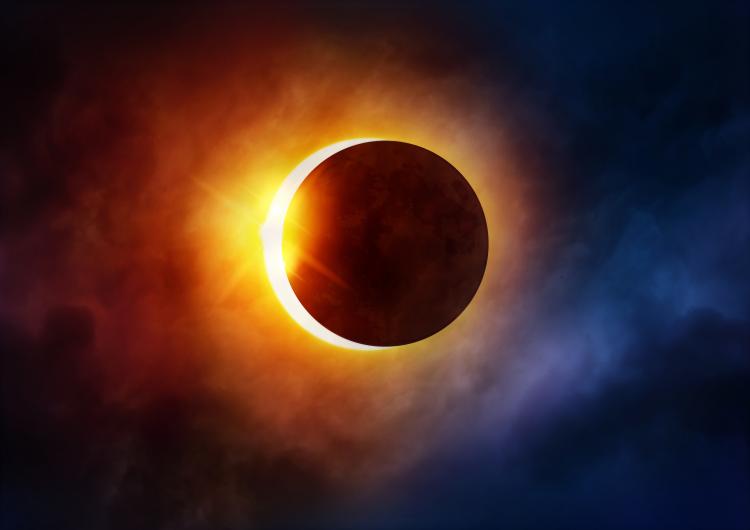On August 21, the 2017 solar eclipse will be visible throughout mainland America.
This rare phenomenon has already gotten everyone excited and hurriedly buying solar eclipse glasses.
While it may be an interesting spectacle for humans, scientists suggest that a total solar eclipse may leave a lot of animals confused on Monday.
The 2017 solar eclipse will stretch from Lincoln Beach, Oregon to Charleston, South Carolina, during which the moon will completely block the sun.
In effect, the total solar eclipse will make daytime look like nighttime and this period will confuse animals.
During the period of the eclipse animals may manifest some erratic or unusual behaviors.
Records from past eclipses show that animals acted different than usual the moment the moon blocks out light in the middle of the day.
During a total solar eclipse in 1544, it was said that birds ceased singing and in 1560 it was said that birds fell to the ground during a total eclipse,reported.
Bruce Stein of the National Wildlife Federation explained that most animals are likely to start their nighttime routine once the 2017 solar eclipse hits on Monday.
Animals are expected to exhibit behavior that typically occurs in the evening. During previous eclipses, elephants in Africa were seen and chimpanzees were observed staring at the sky and looking “baffled by what was going on,”
USA Today wrote.
While many wild animals will mistake a solar eclipse for dusk, most household pets are unlikely to have the same reaction.
According to University of Missouri professor of astrophysics Angela Speck, on a normal day and thus the unusual absence of daylight during the eclipse won’t affect their routines.
Pets’ daily activities are largely influenced by that of their human companions, so they don’t rely on the sun’s position to dictate their routines.
Although they might still want to go to bed or eat, the sudden change in the environment brought by the eclipse won’t have an alarming effect on household pets as opposed to wild animals.
Zoos in areas on the path of the full eclipse will observe the behavior of animals during that day. The Riverbanks Zoo and Garden in Columbia, South Carolina will observe baboons, gorillas and sea lions, to name a few.
The Omaha Zoo and Aquarium, on the other hand, will keep watch of giraffes, butterflies and screech owls.
A solar eclipse is also said to affect pennant women in particular.
Superstitious beliefs in various cultures suggest that pregnant women shouldn’t view an eclipse or go outside during an eclipse, otherwise her child will suffer some deformities at birth.
Although the alleged birth defects caused by a solar eclipse have never been scientifically proven, people in general are still advised to take extra precaution when viewing the 2017 solar eclipse.
Scientist have warned against looking at a solar eclipse directly, since this could severely damage a person’s eyes. The use of special solar eclipse glasses with a protective screen is a must.
 |
| Scientists advice the use of Solar Eclipse Glasses when viewing the 2017 solar eclipse |
According to NASA, the period when the moon completely blocks the sun will be around two minutes and forty seconds.
Although the path of totality will only pass through 14 states in the U.S., the 2017 solar eclipse can still be viewed in parts of South America, Africa and Europe.
The last time the U.S. was able to see a total solar eclipse was in 1979.

Comments
Post a Comment